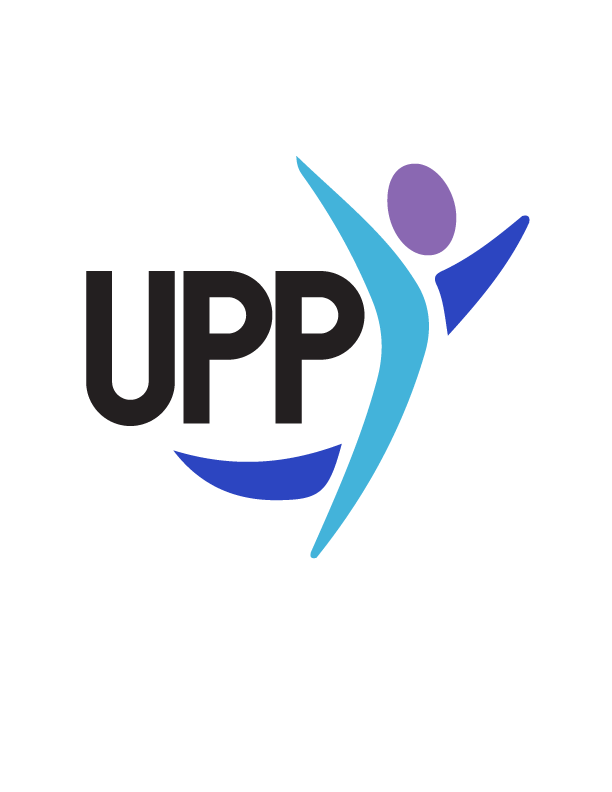WEEK 22- New Password Goals
Equipment Required (optional)
Laptop, tablet, mobile phone or computer to use to set passwords.
PERMAH Element
Accomplishment
Teachers to read and facilitate the following:
Rationale
To get the most out of this next semester we should revisit and change our password goals. Regardless of where we are with our goals for the year, we can all benefit from hitting pause midway through the year and taking a closer look at where we are and where we are wanting to go. We should note what has gone well and what needs more attention. We should reflect and be proud of what we have achieved so far big or small. It all takes work and we should be congratulated on our efforts so far. Research in the fields of neuroscience and psychology support that goal setting actually works. If we don’t take the time to figure out what we want in our lives, we just float along. A useful way to fast track our goals is to create a goal orientated password to unlock our devices. We unlock our devices several times each day, therefore it is a way to frequently be reminded of our goals- particularly when we are in autopilot mode typing our passwords. Setting a password goal reminds us of what we are striving for, bringing our top priority goal into focus, every time we unlock our device. This seemingly small act, repeated over and over, can go a long way toward helping us stay on task with achieving our goals. By changing our passwords to reinforce a goal we are trying to accomplish, we will put it top of mind, and unconsciously focus in on ways to make those things happen (Adams-Miller 2014). We should reevaluate our goals, make adjustments and remember our “why” for the goals we are setting.
Description of Personal Wellbeing Practice: New Password Goals
Think of two things you were really happy with last semester, and one thing you would like to improve on this semester.
Share this with your elbow partner (the person beside one of your elbows)!
Next, reflect on your last password goal (for those who did this with UPP PEP in term 1). Were you able to achieve your goal? What could you do differently this time? Share with the person next to you.
Decide what your top priority goal is for this semester (it could be to do with school work; relationships, extracurricular, etc).
Next, make your goal password-ready (but do not share this password). Be creative. Use shorthand, abbreviations, numbers. For example, if you want to achieve certain grades (3B’s and 2C’s in Semester 2), it could be 3B2Csem2; or if you want to make the district cricket team, your password goal could be districts2018. Other examples are: try1newthing2day, 20pushups, 1actofkindness.
If you have access to a device take the time now to change your password. Otherwise do this later today.
Main message:
“Your goals are the roadmaps that guide you and show you what is possible for your life.” Les Brown
UPP’s Personal Wellbeing Practices
A Personal Wellbeing Practice (PWP) is an evidenced-based positive psychology intervention, applied in school communities or other educational settings. At UPP, we have tried to make these PWP’s simple, concise and relevant for students and their teachers. The six elements for the Personal Wellbeing Practices are: Positive emotion (P); Engagement (E); Relationships (R); Meaning (M); Accomplishment (A); and, Health (H).
We hope that these evidence-based tools of positive psychology will enhance help people to thrive and live their best life, both within and beyond the school gates.
For more activities like this (and much more), check out THRIVE Online Lesson Modules for Pastoral Care and Wellbeing.
Unleashing Personal Potential

